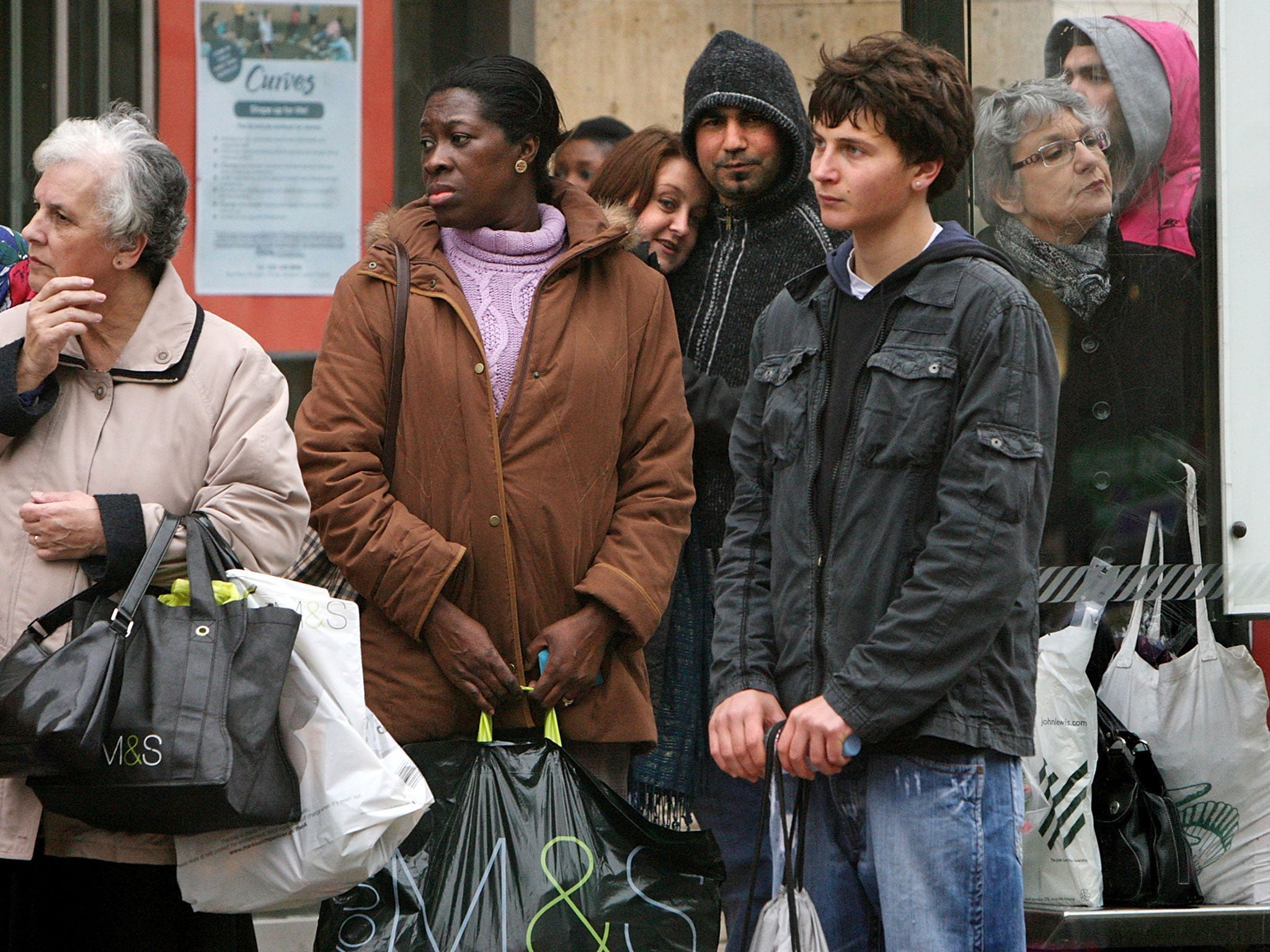Attitudes to race really have improved
Yasmin Alibhai-Brown's concerns over whether attitude change is really impatience with racial complaints are legitimate, but the research does not bear them out


“What kind of question is that to ask?” asks Yasmin Alibhai-Brown, of British Future’s new report which explores how the two decades since Stephen Lawrence have changed how Britain thinks about prejudice. She fears that a poll finding people feel racism has declined over a generation could just reflect denial in a country “impatient with racial complaints”. That is a legitimate concern, but well-designed attitudes research could also help to investigate whether it stands up.
The British Future poll reports that 40 per cent of ethnic minority Britons perceive racism as having reduced over twenty years; 26 per cent that it is broadly similar; and 15 per cent that things got worse. White Britons are mildly more optimistic: 19 per cent say racism got worse, and 52 per cent that it has fallen. The “denial” thesis would surely predict a much wider gaps. Instead, both black and white Britons express sensible caution about over-claiming how fast things are changing, particularly on hate crime and policing. We also spent two days holding an Eltham citizens' jury, to hear from 38 year olds who grew up at the same time as Stephen Lawrence and today's 18 year olds, who were confident they shared a “good diversity” which had seen off the racist reputation of SE9 and far right stirrers. None of them, across racial lines, had much trust in the police.
As there is limited data on attitudes to prejudice in the 1990s, our 2013 survey conducted by Britain Thinks mirrored the questions which the authoritative British Social Attitudes study had asked then.
In 1991, the BSA asked people how much prejudice they thought there was against blacks and Asians. 58 per cent felt there was a lot of prejudice against Asians and 50 per cent against black Britons, with a further 35 per cent and 40 per cent finding some prejudice against these groups.
In 2013, we extended this question to ask about the major ethnic and faith groups, both majority and minority. Most people think there is a lot of prejudice towards Muslims (54 per cent). Today, 24 per cent say there is a lot of prejudice against blacks, and 29 per cent against Asians. If that simply reflects racism fatigue, it isn't clear why three-quarters recognise that prejudice against blacks and Asians persists. Just 7 per cent find almost no prejudice against Muslims, this research finds “impatience at complaints” would be directed more often at claims of Christian persecution. 11 per cent perceive a lot of prejudice against Christians, or white Britons. Majorities find “hardly any” prejudice against majority groups.
The BSA found 44 per cent of people in the 1990s said they would be uncomfortable were their children to marry across ethnic lines. That is now 9 per cent in 2013. This everyday tolerance has resulted from greater contact in a more diverse Britain. Maybe some people try to give a ‘correct’ answer, but the change over the decades shows how that ‘norm’ shifted. When one in ten people live in a household where people tick different ethnicity boxes on the census, integration isn’t only a matter of surveys.
Nationally, three-quarters of people salute the campaign for justice led by the Lawrence family. A surly 4 per cent refuse. We may yet be less “hopelessly divided” on issues of race and identity than Yasmin Alibhai-Brown fears. There are so many areas – crime, justice and jobs – where more needs to change. We called our report “The Integration Consensus” because it captures how most people share more common ground - on an inclusive identity and against racism too - than our polarised public debates usually reflect.
Sunder Katwala is director of British Future
Join our commenting forum
Join thought-provoking conversations, follow other Independent readers and see their replies
Comments
Bookmark popover
Removed from bookmarks